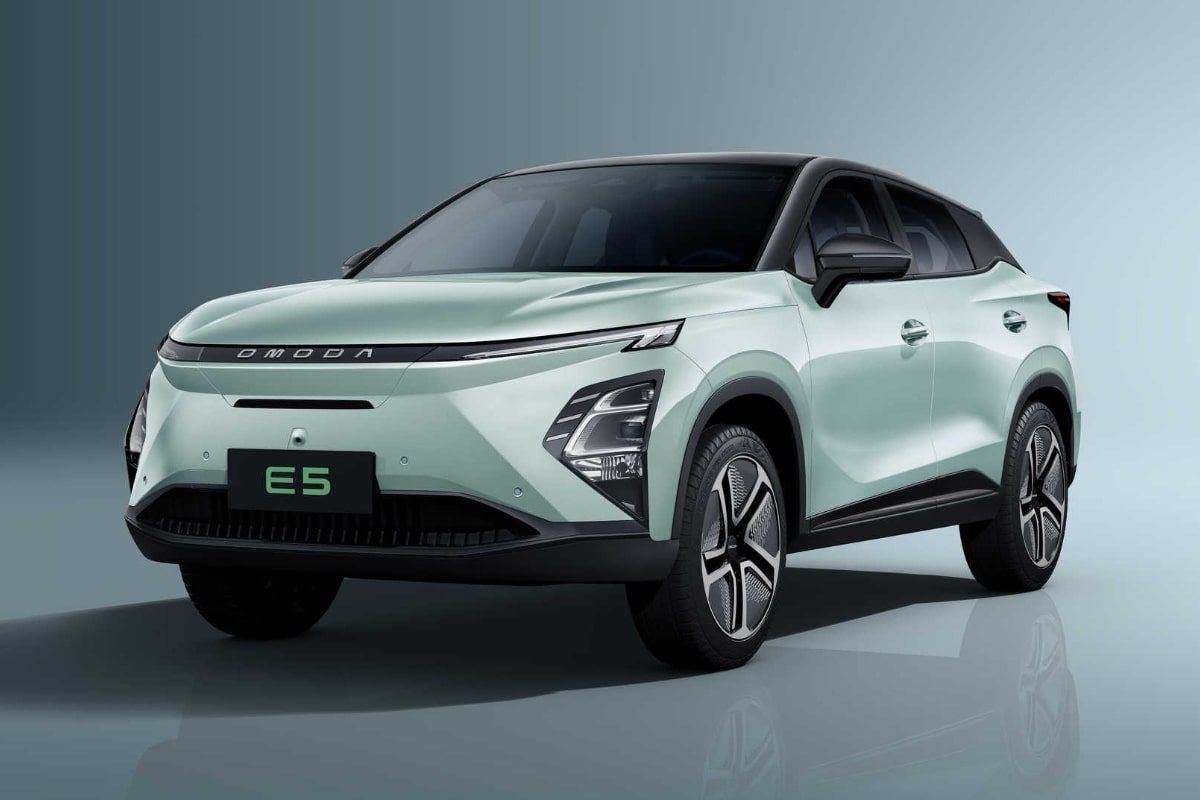China’s EV market gains further momentum
According to data released by the China Association of Automobile Manufacturers (CAAM), sales of new energy vehicles (NEVs – i.e. electric vehicles and plug-in hybrids) in China amounted to around 1,237,000 units last month. That’s 345,000 or 39 per cent more than in February, and 354,000 or 40 per cent more than in the same month last year. So far this year, the March result is the strongest – though this comes as little surprise, given the typically subdued consumer mood in January and the Chinese New Year, which fell in the already short month of February this year.
Breaking down new energy vehicles by drivetrain, battery-electric vehicles accounted for 806,000 units – 43 per cent more than the previous year and 48 per cent more than in February. Plug-in hybrids made up 431,000 units (+36 per cent year-on-year, +24 per cent compared to February). Fuel cell vehicles are not reported separately, but generally play only a minor role in the Chinese passenger car market.
Across all drive types, a total of 2.92 million vehicles were sold in China in March – an increase of eight per cent year-on-year and 37 per cent compared to February. That means the 1,237,000 NEVs accounted for a market share of 42.4 per cent. By comparison: in February, NEV penetration was also 41.9 per cent, while a year ago it stood at 33 per cent. The year-to-date average NEV share in China for 2024 is 40.9 per cent.
The figures from the China Association of Automobile Manufacturers (CAAM) refer to wholesale deliveries by car manufacturers, including both retail sales in China and vehicles intended for export. The latter accounted for 158,000 NEV units in March – a new record. That figure is 27 per cent higher than the previous year and 20 per cent higher than in February.
The manufacturer with the highest number of NEV and BEV sales in March was once again BYD. The Chinese carmaker sold 371,419 new energy passenger cars – 23 per cent more than in March 2023 and 17 per cent more than in February. Of these, 166,109 vehicles were battery-electric, meaning BYD sold 205,310 plug-in hybrid passenger cars. As such, nearly half of all plug-in hybrids sold in March came from BYD. Also noteworthy: in terms of exports, BYD achieved its fourth consecutive record month with 72,723 vehicles (+89% YoY).
Tesla sold 78,828 China-made electric vehicles in March, including exports. That’s 11 per cent lower than in March 2024, but 157 per cent more than in February. Of those, 4,701 units were exported. The 74,127 BEVs that remained in China represent a 19 per cent increase year-on-year and a 177 per cent increase compared to February.
Chery is another car group positioning itself high in the rankings: in March, Chery sold 62,210 NEVs (+125% YoY). Leapmotor recorded 37,095 units last month (+154% YoY). Their growth rates are disproportionately high compared to the overall dynamics of the EV market. Li Auto followed closely behind with 36,674 NEV sales (+27% YoY). Xpeng also achieved a result above the 30,000 mark for the fifth consecutive month, with 33,205 BEVs (+268% YoY).
Xiaomi did not disclose exact figures but stated it had delivered ‘more than 29,000 vehicles’ in March. Geely’s premium brand Zeekr reported 15,422 BEVs (+19% YoY), and roughly half of the approximately 25,000 sales from the now Zeekr-owned brand Lynk & Co were also NEVs.
Nio was another player to exceed the 15,000 BEV sales mark in March, with exactly 15,039 units (+27% YoY). Additional figures are available for Dongfeng’s Voyah brand (10,012, +64% YoY) and Changan-CATL’s Avatr brand (10,475). The latter is said to have “more than doubled” its sales compared to March 2024.
cnevpost.com (CAAM), cnevpost.com (BYD), cnevpost.com (Tesla), ir.xiaopeng.com, ir.nio.com, cnevpost.com (Xiaomi), cnevpost.com (Leapmotor), cnevpost.com (Zeekr), cnevpost.com (Li Auto), autonews.gasgoo.com (Avatr), autonews.gasgoo.com (Chery), autonews.gasgoo.com (Voyah)





0 Comments